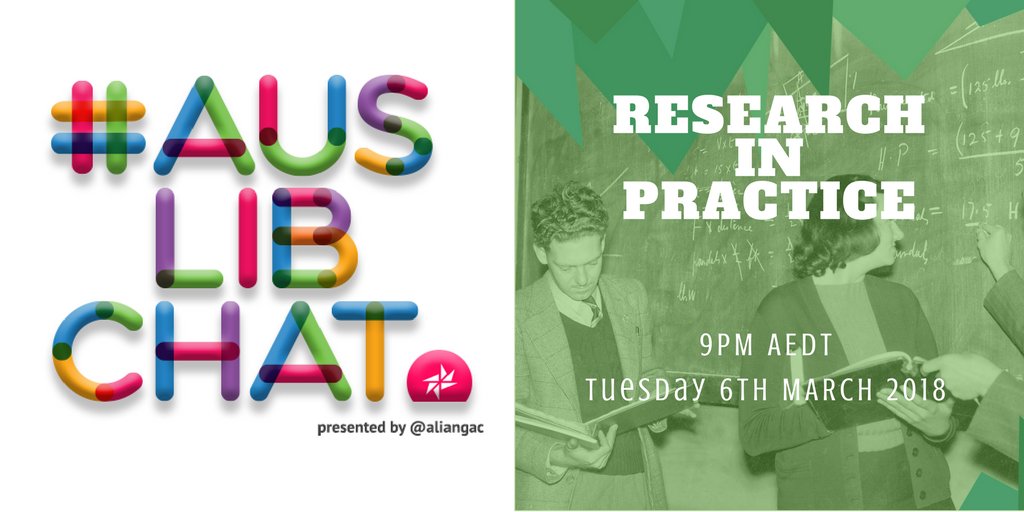- Understanding the principles and process of managing research ethics
- Designing research projects
- Collecting and reviewing data
- Communicating research through internal reporting or external publishing.
The learning circles model was selected to facilitate this particular learning experience.
Characteristics of the model
Organic and open
- A group of people come together with a shared interest and a shared project/task to achieve.
Collaborative and participatory
- In a learning circle, group members take on the collective responsibility to complete the shared task/project.
- Based on their individual interests and skills, each group member takes on a distributed leadership role, which contributes to the collective completion of the task.
- Participants as leaders, leaders as participants.
Reflective and reciprocal
- Group members work as equal partners to share, discuss and reflect on ideas based on mutual respect.
Also presented during the LARK webinar was a case study of Deakin liaison librarians using the learning circle model to conduct original research. This is a brief timeline of events of how the learning circle group I was involved with went about conducting their research.
Timeline
April to July 2016
- Learning circle groups were formed and our group immediately started brainstorming a topic of interest to all of us and outlining what we needed to do to draft a research proposal.
- Two of the liaison librarians in the group worked with creative arts academics and had an interest in designing a study that included a visual arts methodology.
- We decided to target academic staff so as to focus the study on one particular group.
- We formed the idea to collect data about what academics thought of liaison librarians. This was joined with the initial idea of a visual arts methodology and the proposal developed that we collect data from artefacts created by participants.
- After doing a literature review we established that this would be a unique way to collect data and would produce more original responses from academics, as opposed to what we could have collected using a method like surveys or face to face interviews.
- Ultimately we decided to invite academic staff to attend a focus group where they would create an artefact, then talk through their creation. That would be our research data.
During the first few months of the project, tasks were divided up among the team of six, which included drafting how to recruit participants, designing the focus group activities, completing the project ethics application, completing the research proposal, conducting a thorough literature review and proof-reading everything.
We had the opportunity to consult with academic staff from the School of Education about how the design of the study was progressing and received valuable guidance from them about the direction the study and how to work with participants to gather the data we needed.
August to October 2016
We spent this time planning the focus groups, thinking about how the creative activity will be managed, and how to go about interpreting the data. We decided to analyse themes that emerged in the artefacts and participant discussion and to use NVivo to manage the analysis.
November 2016
In November we conducted two pilot focus groups with colleagues where much was learned, including asking participants to jot down some keywords before they start producing their artefact, to get the creative juices flowing; have some peaceful music playing; and have refreshments available for participants. Then over a two week period the focus groups were conducted with academic staff.
With the end of year upheaval, other commitments happening, and staff leave, our project was temporarily set aside until everyone was back at work during late January 2017.
January 2017
Towards the end of January our data analysis began. We had recorded the focus group responses with a digital audio-recorder. These files were exported to NVivo and we used the transcription function of NVivo to manually transcribe each focus group. We then interrogated the transcripts to identify themes and used NVivo’s features to map those themes. Themes were brought together from across the different focus groups, and organised into sections when drafting the report on the study.
By July our report was completed and submitted to the Managers of the Client Services division at Deakin University Library. The group then took a well-earned break from the project!
November 2017
In November three team members showcased the project at the annual CRIG Seminar in Melbourne, which was quite special because it was the first chance we had to talk about the project with other library and information professionals outside Deakin.
One of our group members is a photographer when she isn’t a liaison librarian and was able to take magnificent photos of the artefacts. With these fascinating visual works, we also did some visual analysis of a selection of the artefacts. The main analysis was looking at the comments made by each participant when they were talking about their artefact, but the visual analysis was us interrogating an artefact for particular elements (for example, how the space of the A3 piece of paper was used by the participant, what materials they selected, what colours, and generally how they used the materials available to them to create a representation).
January to May 2018
I began drafting a journal article based on our report. Our photographer took more stylistic photographs of the artefacts to use for publishing. We spent a few months drafting our journal article and finally began our submission process in May. Now we are in the ‘watch-this-space’ phase while we await publication.
Lastly, in August I will be speaking about the outcomes of this study in a lightning talk at the Asia-Pacific Library and Information Conference on Tuesday 31st. Please come and say hello if you are attending the conference!
Rickie Morey, Research Librarian, Deakin University Library
Co-presented the webinar with Linlin Zhao, Research Librarian, Deakin University Library






















